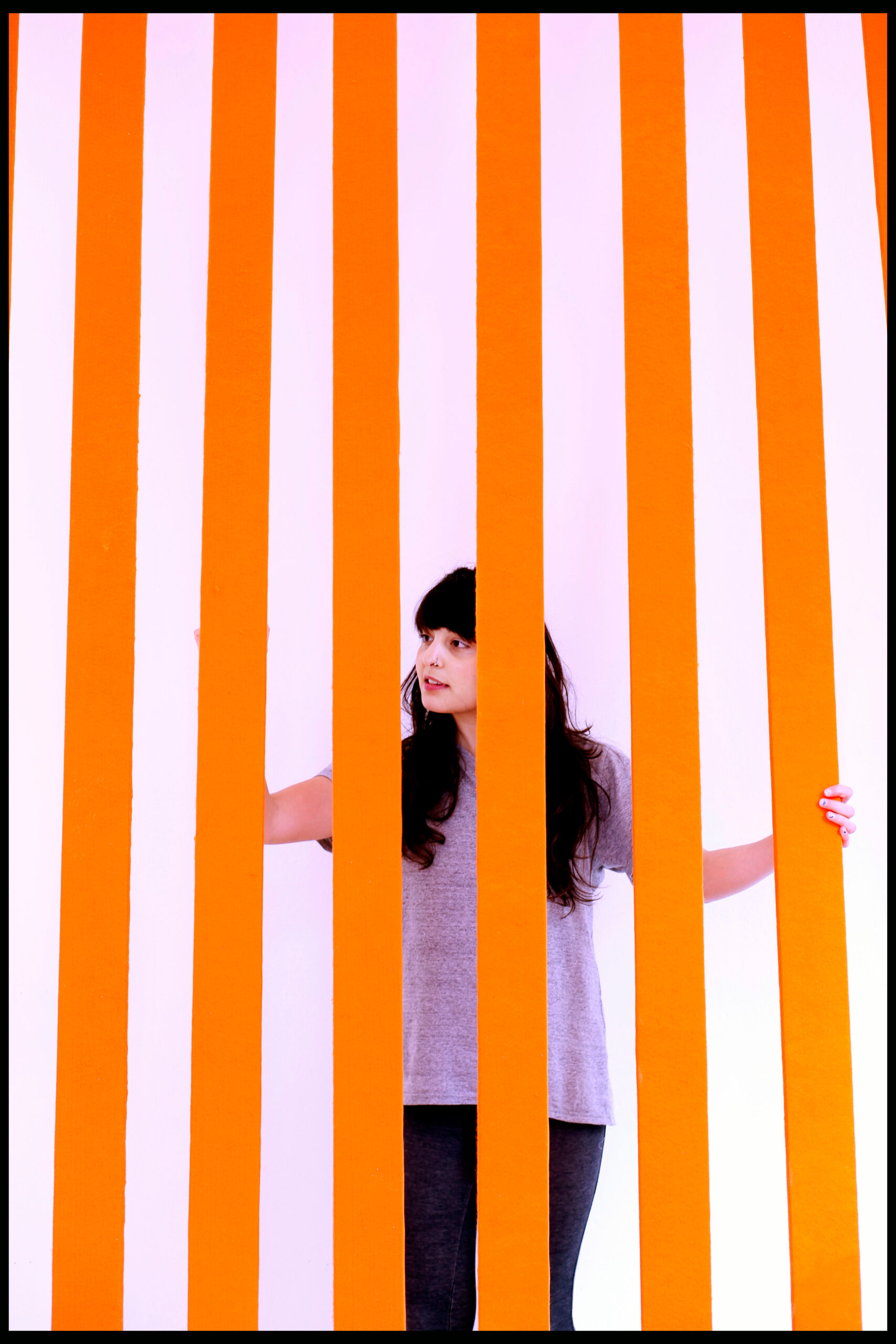 Recently I’ve been enjoying interviewing some of our experienced academics about how they have developed as teachers across their careers. I spoke with colleagues from all three Colleges about what it has been like to grow as a teacher before the recent upsurge in formal continuing professional development for teaching in higher education. All of these academics were passionate about teaching and put lots of time and energy into creating great learning experiences for our students. An emphasis on encouraging deep, critically reflective learning came through strongly:
Recently I’ve been enjoying interviewing some of our experienced academics about how they have developed as teachers across their careers. I spoke with colleagues from all three Colleges about what it has been like to grow as a teacher before the recent upsurge in formal continuing professional development for teaching in higher education. All of these academics were passionate about teaching and put lots of time and energy into creating great learning experiences for our students. An emphasis on encouraging deep, critically reflective learning came through strongly:
I suppose [I’m aiming for] a deeper understanding of […] how a pathological lesion comes about […] to evaluate just how much they’re understanding and see what some of the misconceptions are as well.
-Academic from Medicine and Veterinary Medicine
One of the surprises for me in the findings was just how much these colleagues’ teaching had been shaped by a whole range of learning technologies. Rather than neat and tidy processes there were rich interactions over time between technologies and local teaching cultures. The technologies seemed to actively shape practice, rather than being passive tools. The technologies could also bring students’ view more strongly into the picture, as was the case when electronic voting systems provided teachers with new evidence about the levels of understanding of their students:
[Electronic voting systems] allow me to judge whether the students have got to an important point of understanding or not […] The very first clicker question I ever used in a lecture was a very, very simple question […] I assumed they would all […] be getting the right answer […] In fact, I got all four answers with equal probability […] So lecture one, clicker question number one, day one, abandon lecture do something else […] So that was how I learned the value of clickers actually.
-Academic from Science and Engineering
I was very struck by the rich developmental processes these colleagues engaged in around their teaching. Some did participate in some formal development events about teaching but often it was the informal experiences that were the most important. Reflecting on memories of being students themselves could be a starting point, as could being inspired by their colleagues at Edinburgh or elsewhere. External examining was a good source of new ideas. Conversations with their students often supplemented the formal feedback collected on their teaching, giving a much richer understanding of what could help students learn. Discussions with colleagues about teaching and assessment were important for all of the participants in this research:
There were two senior colleagues who simply saw it as their job to take young academics a bit under their wings […] one of the things that was always clear was that there was a place where you could talk about teaching […]Because I liked it, it helped me a lot, I try to recreate that as much as possible these days and they, younger colleagues, come I take them out to coffee and ask them, “How was your class going, anything I can help with?” or “Oh, that sounds brilliant, can I sit in and have a look?”
-Academic from Humanities and Social Science
The biggest challenge for these and many other academics in developing their teaching is pressures of time. Our academic colleagues have incredibly busy roles with multiple demands on their time and often quite fragmented diaries. As we move into an era where participation in formal developmental processes around teaching is becoming the norm we need to think very carefully how this is built into workload planning so that colleagues get the best opportunities for growth. We also need to make sure that our formal developmental processes build on the richness of the informal learning that is happening every day.
If you’d like to know more about this research or read what I’ve published about it then do get in touch with me.



